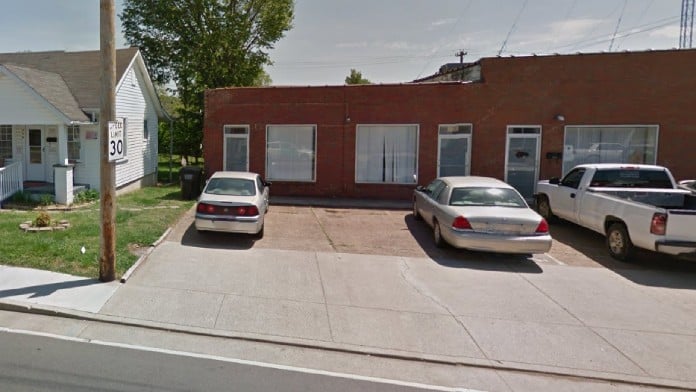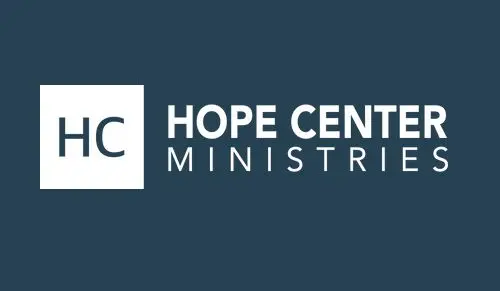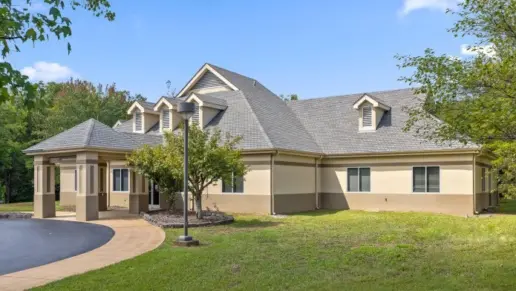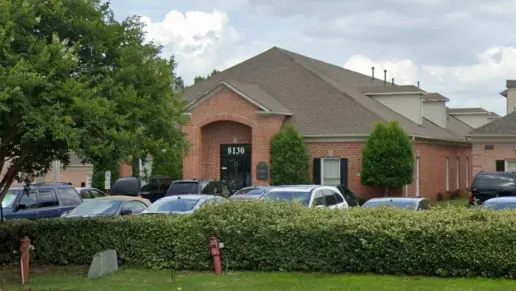I have never been a patient of Buffalo Valley but I have witnessed many successful cases, I have seen people without hope and full of problems come to this place for help and after completing the programs are new people, It's amazing to see the light of their souls turn on, ...
About Buffalo Valley Inc
Buffalo Valley is a community treatment center located in Clarksville, Tennessee. This treatment facility helps those who are struggling with addiction as well as co-occurring disorders. They serve the low income and homeless populations and also offer services for veterans. The levels of care available are medical detox, residential, partial hospitalization and intensive outpatient treatment. Other services that are available include case management, emergency shelter, court mandated rehab, career planning and permanent and transitional housing. They provide flexible payment options and accept debit and credit card payments.
During the beginning stages of treatment it can be challenging, overwhelming and uncomfortable learning to adjust to a new and unfamiliar lifestyle. Their case management services give you that extra support and guidance that can help you build a strong foundation for your recovery. Setting goals, developing a treatment plan and completing psych evaluations will help create a more clear understanding of the healthy changes and inner work you will be doing with the help of licensed clinicians and staff support.
At BV, they also help you get set up with job training as well as job placements. During this time of change it’s understandable to have fear of financial challenges and uncertainty of career options. They will assist with helping you get the tools you need to help you become independent and develop financial responsibility for yourself.
I like that they also help with housing. Although your experience and others may be similar but different, it can be challenging to see the possibilities of your safety and environment if you don’t have the funds or lack support. This facility provides emergency shelter, assists with transitional housing, provides permanent housing placement and offers housing options for veterans. Although the journey has been challenging, you no longer have to do it alone and they’ll support you as you move forward.
Latest Reviews
Rehab Score
Gallery

Location
Other Forms of Payment
Medicaid is a state based program that helps lower-income individuals and families pay for healthcare. Medicaid covers addiction treatment so those enrolled can use their coverage to pay for rehab. When a program accepts Medicaid the client often pays very little or nothing out of their own pocket.
Private insurance refers to any kind of healthcare coverage that isn't from the state or federal government. This includes individual and family plans offered by an employer or purchased from the Insurance Marketplace. Every plan will have different requirements and out of pocket costs so be sure to get the full details before you start treatment.
Self-pay involves paying for treatment out of your own pocket. You can use savings or credit, get a personal loan, or receive help from family and friends to fund your treatment. If you don't have insurance or your insurance plan doesn't cover a specific program, self-pay can help ensure you still get the care you need.
Addiction Treatments
Levels of Care
Treatments
The goal of treatment for alcoholism is abstinence. Those with poor social support, poor motivation, or psychiatric disorders tend to relapse within a few years of treatment. For these people, success is measured by longer periods of abstinence, reduced use of alcohol, better health, and improved social functioning. Recovery and Maintenance are usually based on 12 step programs and AA meetings.
When your day-to-day life is taken over by drug use, this is known as substance use disorder. If you abruptly stop using your drug of choice, you experience withdrawal symptoms. To overcome this cycle, professional drug rehab in Tennessee is usually needed.
Many of those suffering from addiction also suffer from mental or emotional illnesses like schizophrenia, bipolar disorder, depression, or anxiety disorders. Rehab and other substance abuse facilities treating those with a dual diagnosis or co-occurring disorder administer psychiatric treatment to address the person's mental health issue in addition to drug and alcohol rehabilitation.
A combined mental health and substance abuse rehab has the staff and resources available to handle individuals with both mental health and substance abuse issues. It can be challenging to determine where a specific symptom stems from (a mental health issue or an issue related to substance abuse), so mental health and substance abuse professionals are helpful in detangling symptoms and keeping treatment on track.
Opioid rehabs specialize in supporting those recovering from opioid addiction. They treat those suffering from addiction to illegal opioids like heroin, as well as prescription drugs like oxycodone. These centers typically combine both physical as well as mental and emotional support to help stop addiction. Physical support often includes medical detox and subsequent medical support (including medication), and mental support includes in-depth therapy to address the underlying causes of addiction.
Programs


Clinical Services
Research clearly demonstrates that recovery is far more successful and sustainable when loved ones like family members participate in rehab and substance abuse treatment. Genetic factors may be at play when it comes to drug and alcohol addiction, as well as mental health issues. Family dynamics often play a critical role in addiction triggers, and if properly educated, family members can be a strong source of support when it comes to rehabilitation.
Group therapy is any therapeutic work that happens in a group (not one-on-one). There are a number of different group therapy modalities, including support groups, experiential therapy, psycho-education, and more. Group therapy involves treatment as well as processing interaction between group members.
In individual therapy, a patient meets one-on-one with a trained psychologist or counselor. Therapy is a pivotal part of effective substance abuse treatment, as it often covers root causes of addiction, including challenges faced by the patient in their social, family, and work/school life.
Motivational Interviewing (MI) is a clinical approach to helping people with substance abuse issues and other conditions shift behavior in positive ways. It is more goal-oriented than traditional psychotherapy, as MI counselors directly attempt to get clients to consider making behavioral change (rather than wait for them to come to conclusions themselves). Its primary purpose is to resolve ambivalence and help clients become able to make healthy choices freely.
Amenities
-
Gym
Staff & Accreditations
Staff

Executive Director
Accreditations

The Joint Commission, formerly known as JCAHO, is a nonprofit organization that accredits rehab organizations and programs. Founded in 1951, the Joint Commision's mission is to improve the quality of patient care and demonstrating the quality of patient care.
Joint Commission Accreditation: Yes
Accreditation Number: 2018
Contact Information
717 Cumberland Dr.
Clarksville, TN 37040


